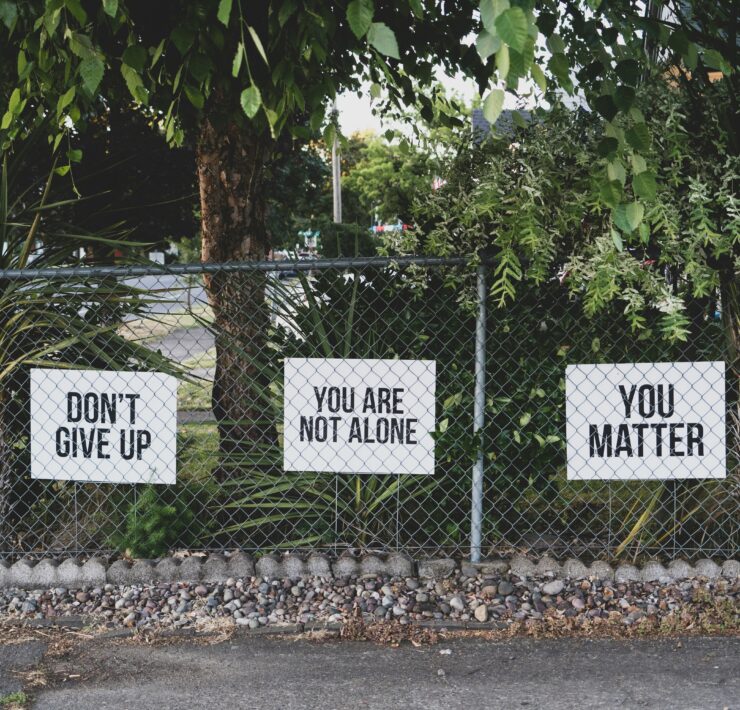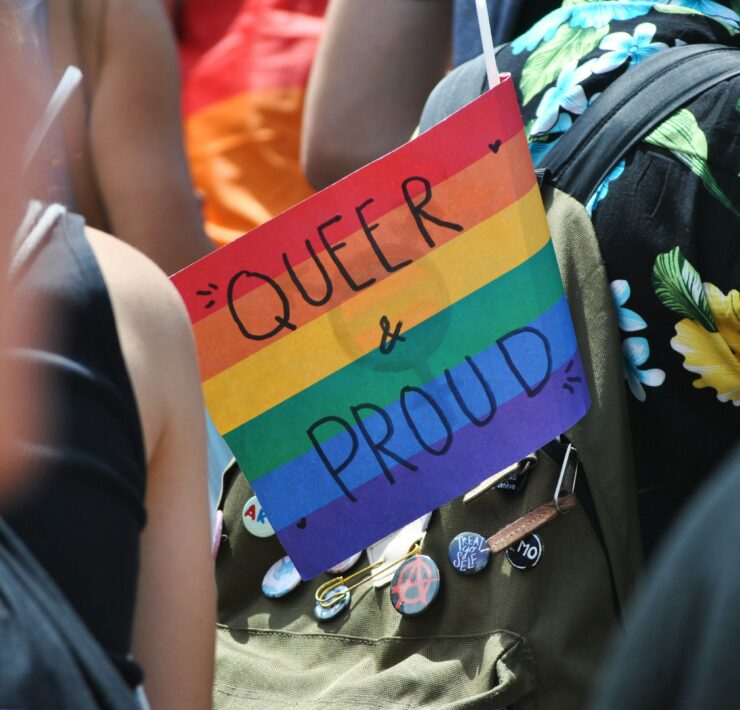Forced Outing Causes Higher Depression Rates in LGBTQ+ Youth

Clara Gauthier (she/her) is an editorial intern through CU Boulder.…
Despite recent study results revealing that forced outing creates higher depression rates in LGBTQ+ youth, 11 states currently mandate or promote forcibly outing students.
In a new study by the University of Connecticut that examines the psychological effect of being outed as an LGBTQ+ youth, they found that one-third of LGBTQ+ minors who were outed without their consent were more likely to experience major symptoms of depression and lower family support.
The study used data from the LGBTQ National Teen Survey that was done by the Human Rights Campaign in 2017, which contained 9,200 responses from queer youth between the ages of 13-17. The study also found that LGBTQ+ youth experience outing differently based on their differing identities, as transgender, nonbinary, and asexual youths reported higher stress levels than cisgender gay, lesbian, and bisexual youths. Overall, the youths reported lower stress levels when they also reported having parents or guardians who are educated on sexuality and gender identity.
Even though the evidence unequivocally proves that forced outing is inherently harmful to LGBTQ+ students, five states currently mandate that schools report transgender children to their parents if they request to go by a different name or set of pronouns at school, and another six promote forced outing. According to the Movement Advancement Project (MAP), the states that mandate outing (North Dakota, Indiana, Iowa, North Carolina, and Alabama) contain 7% of the American LGBTQ+ population, and the states that promote it (Montana, Idaho, Utah, Arizona, Florida, and Kentucky) contain another 12%.
In a time where more and more anti-LGBTQ+ bills are being introduced, these outing policies put LGBTQ+ youth even more at risk than they already are by existing. These policies often make LGBTQ+ youth feel unsafe at home, which could lead to more queer youth having to leave their homes and becoming homeless, a state that already disproportionately affects queer people.
What's Your Reaction?
Clara Gauthier (she/her) is an editorial intern through CU Boulder. While she loves to write in general, some of her favorite topics are literature, music, and community.










